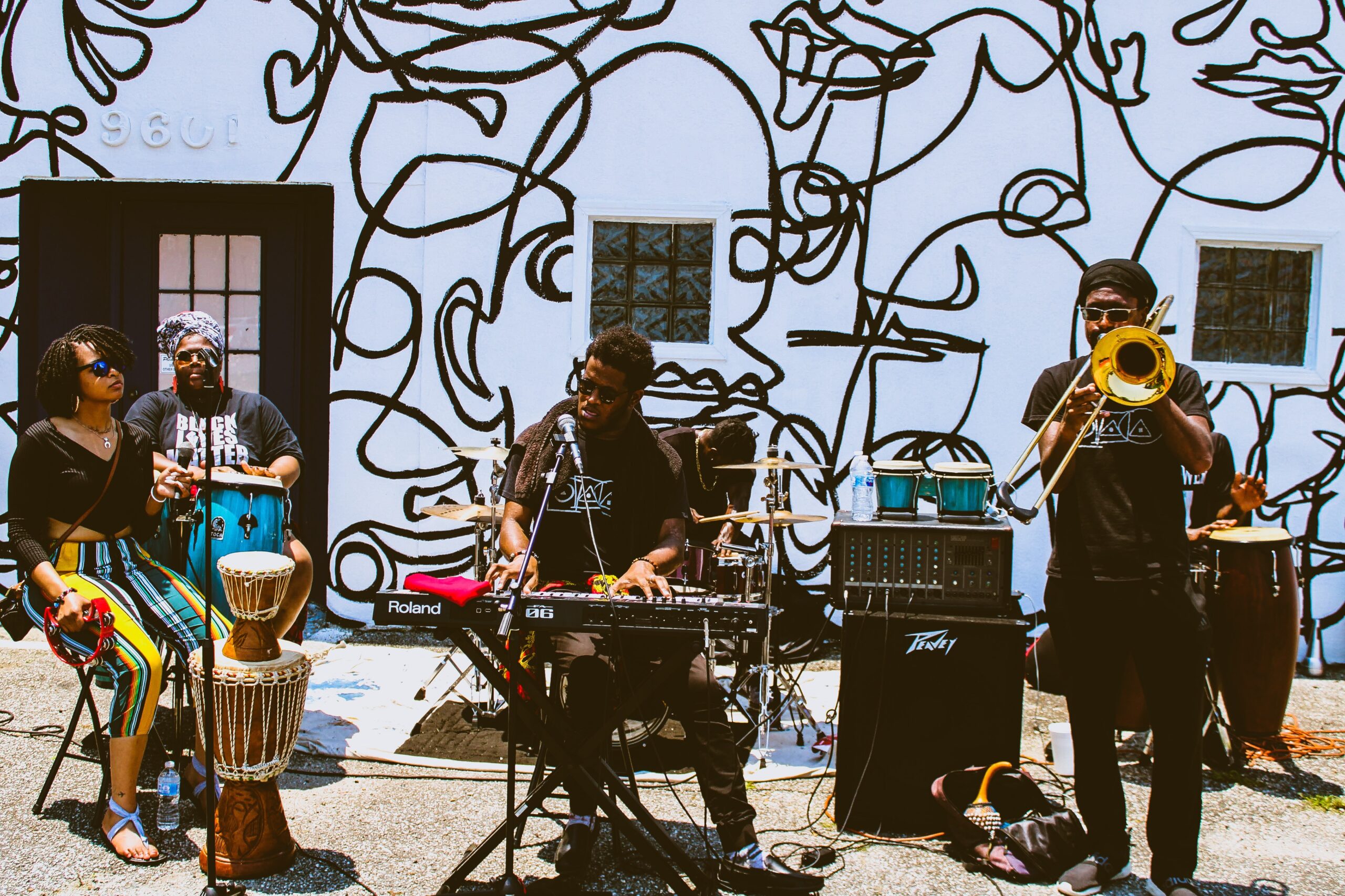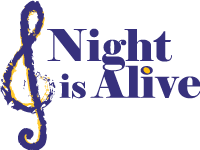
Jazz Songs for Juneteenth
Maybe you’ve seen the Juneteenth flag—the white star atop blue and red—and wondered what this holiday is all about? Well, it is celebrated on June 19th to commemorate the emancipation of enslaved people in the United States. It was first celebrated in Texas, where in 1865, Union troops arrived in Galveston Bay and declared that the more than 250,000 enslaved black people in the state were free by executive decree.
If you’re a history buff, you may know that the Emancipation Proclamation was issued in 1863, so why, you may be wondering, did it take two more years to official free all of the enslaved people? Well, that is because the proclamation was not able to be implemented in places still under Confederate control—like the westernmost Confederate state of Texas. Therefore, slavery wasn’t completely abolished until Juneteenth.
As early as June 19, 1866, the formerly enslaved black Texas began celebrating with festivities. But it was not until June 17, 2021, that President Joe Biden signed a bill that made the day—also known as Freedom Day or Jubilee Day—into an official federal holiday.
On Juneteenth, you may also see people flying the red, black, and green Pan-African flag, which was adopted by the Universal Negro Improvement Association in 1920 and represents the blood, soil and prosperity of Africa and its people.
Now that you have an introduction to the holiday, why don’t we take a closer look at a few songs that have played a huge role in the fight for civil rights in America.
Billie Holiday – Strange Fruit
Just because slavery was officially abolished in 1865 with the Thirteenth Amendment, doesn’t mean that equality was instantaneous. In fact, far from it. As we all unfortunately know, the struggle for racial equality still persists today.
Following the Thirteenth Amendment, many racists, and racist organizations, like the Ku Klux Klan, retaliated in the form of lynching.
In 1939, a Jewish-American man named Abel Meeropol wrote a poem that protested against lynching, such as those in Indiana during the 1930s. As many photos from that period show, racially motivated violence was far from over.
Meeropol made the poem into lyrics with music and his wife performed it at venues in New York City. Then, legend has it that the founder of the only integrated nightclub in New York City—Café Society—introduced Meeropol’s song to Billie Holiday, who performed it for the first time in 1939.
The song, which compares the Black American victims of lynching to the fruit of trees, was named by Timemagazine in 1999 as the “Best Song of the Century.” And activist and scholar Angela Davis said that this song is “the most influential and profound example of a continuing site of music and radical social consciousness.” It has been thought of us a declaration that began the civil rights movement.
Nina Simone – Mississippi Goddam
“Mississippi Goddam,” released in 1964, encapsulates the Simone’s response to the 16th Street Baptist Church bombing, and the racially motivated murder of the Emmett Till in Mississippi. In case you aren’t familiar with these atrocities—in 1963, a white supremacist bombed a black Church in Birmingham, which killed four people and injured over 14. And in 1955, a group of white men abducted, tortured, and lynched a fourteen-year-old boy named Emmett Till.
They keep on sayin’ ‘go slow,’ Simone sings in the protest song. To do things gradually would bring more tragedy. Why don’t you see it? Why don’t you feel it? I don’t know, I don’t know. You don’t have to live next to me, just give me my equality!





